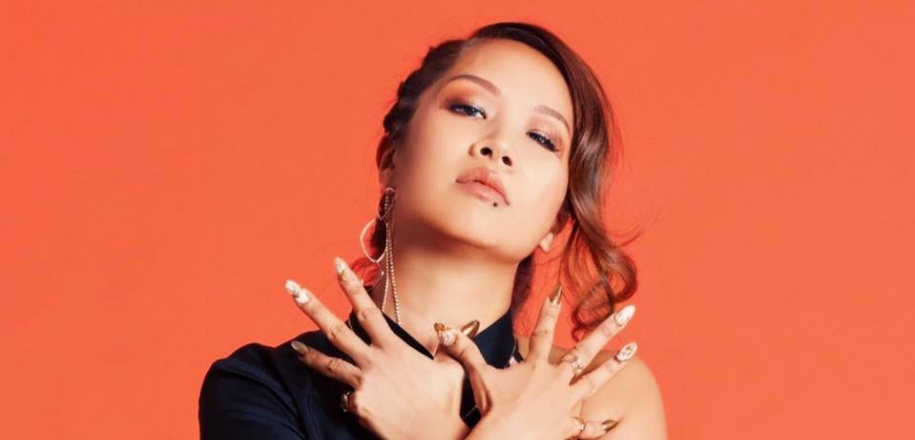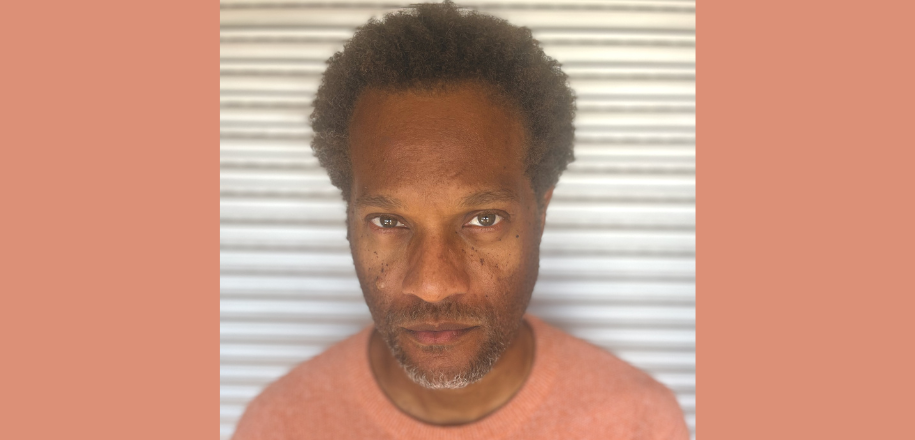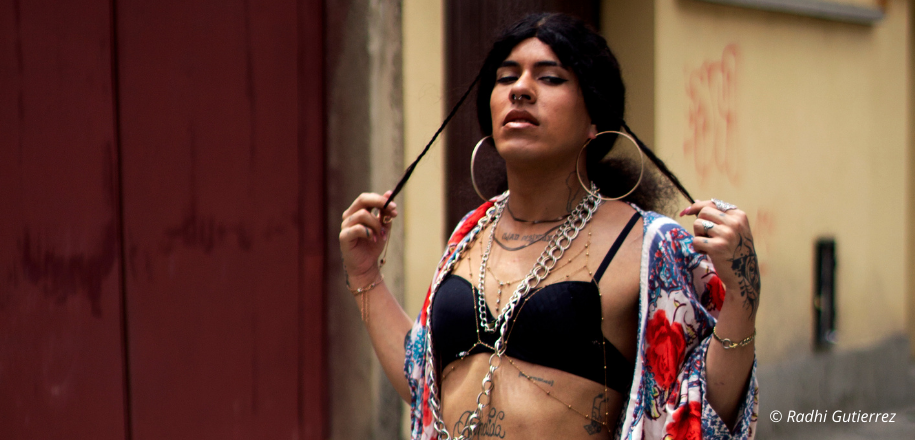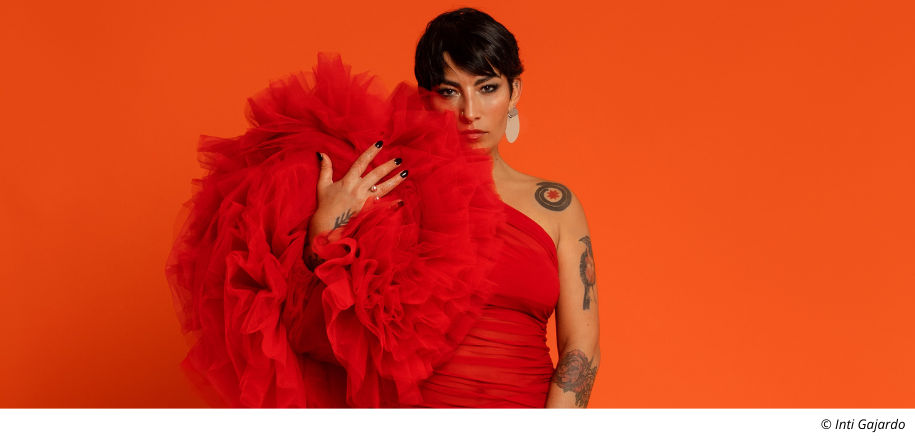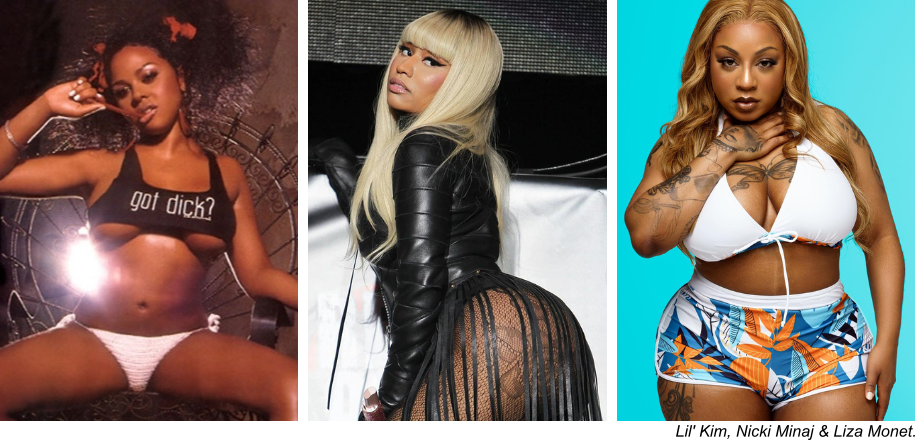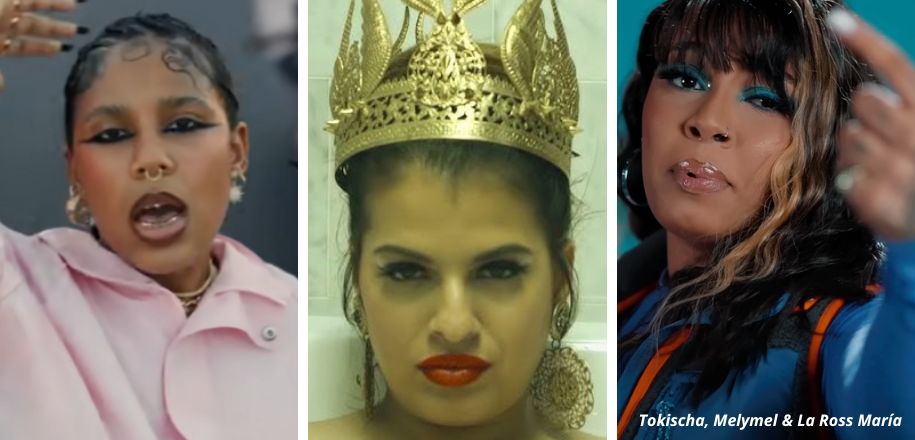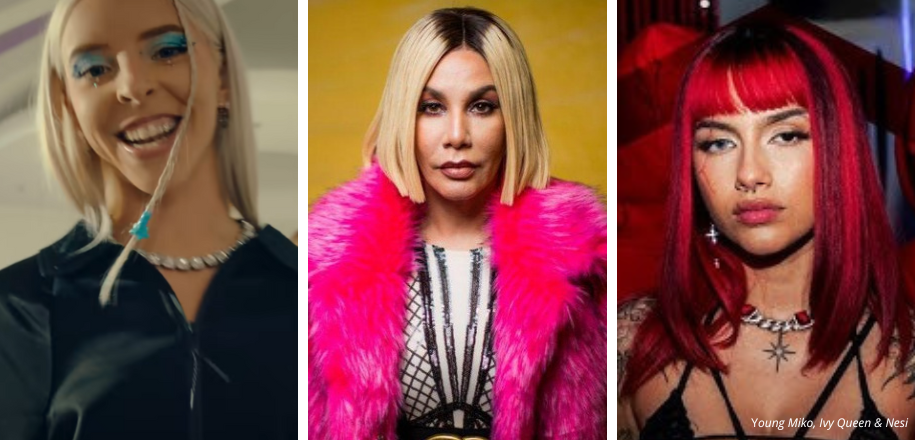Nicknamed the Far East Empress, the Singaporean/Canadian rapper told us about her journey in hip hop between South-East Asia, North America and Jamaica, her love for reggae and how she became even more feminist after one of her team members said she was sexually assaulted by the artist they were touring with.
How and when were you introduced to hip hop?
When I was a kid, I bought a bootleg Public Enemy cassette tape in a Singapore Market with Chinese New Year money and never looked back. My family immigrated to Canada shortly after, and I fell in love with graffiti, breakdancing and always secretly wrote lyrics and hid them under my bed.
How did you start rapping?
I always wrote rhymes but never performed them because I was shy and not encouraged to do anything “creative” from a Chinese-Singaporean upbringing. When I attended university, my roommate who was a hip hop promoter had a cancelled act in an all-female showcase. I told him I could rap and he took a chance on me. I had intended to step on the stage only once to prove to myself I could do it. I got a commercial for MTV Canada off that show and kept on going.
In 2005, you became the first woman ever to be nominated for “Best Rap Video” at the Much Music Video Awards in Canada. How did this impact your career?
The video was Split Second Time, with a tongue in cheek depiction of Asian stereotypes in the American music industry – from Kung Fu fighting and Japanese School Girls. I thought it was ironic that only when I used these clichés as an Asian Rapper that the video got heavy rotation, played in the top 5 alongside Jay Z, Beastie Boys and The Roots!
“As there was no other female Asian artist, I was told I was not marketable”
Its popularity brought about an onslaught of racist and sexist backlash, which taught me a lot about success and what it takes to keep going. It didn’t make much of a difference in the Canadian Music industry at the time, as there was no other female Asian artist and therefore I was told I was not marketable. That did teach me a valuable lesson to stay independent, learn the business and carve my own path.
You moved back to Singapore in 2015 after spending most of your life in Toronto. Why is that?
I actually grew up in Vancouver, was raised by the Toronto music community while studying architecture at the University of Toronto, worked in L.A. for 3 years with my hip hop heroes like RZA, Pharrell, Che Pope and Talib Kweli, and lived on and off in Jamaica before moving back to Singapore. A death in the family made me realize that I had spent many years away, and felt it was time to reconnect with my parents as well as my roots. I have been given a very blessed life to truly pursue what I love – and it was time to give back to the people that gave me that upbringing, the safe spaces, the education and love that afforded such a freedom. It’s a very exciting time in SE Asia for hip hop culture and this late in my career I’m constantly learning and discovering.
You’re also very active on the reggae scene and founded in 2015 the Singapura Dub Club, the country’s first Dub, Reggae and Dancehall events company. Can you tell us more about this project?
After spending time in Jamaica, I saw the roots of hip hop in the tradition of Jamaican art of “toasting” and fell in love with Sound System, Reggae and Dancehall culture.
“I learned showmanship from Jamaican performers”
At the time mainstream hip hop was evolving into a business that was very image driven and less lyrical, so I was excited by dub sessions where the lyrics and free styling still came from a raw place. I learned showmanship and the way to ride with a crowd’s energy when on the mic from Jamaican performers.
When I returned to Singapore I was very homesick for Jamaica, and decided instead of complaining about it, I would build events and community that could bring those vibes to Singapore. We were able through the dub club to bring artists like Sister Nancy, Johnny Osbourne, Conkarah and Tippa Irie to Singapore for the first time. From there I discovered that Asians are obsessed with food & cooking – so I developed Suka Suka Sauce, the first 100% all natural Jamaican Jerk Sauce grown and taste tested in Asia. I’m developing this Jerk sauce into a way to share underground artists and music that mainstream Asian radio does not play.
If someone doesn’t know your music and wants to discover it, which track would you advise them to listen to first and why?
Warriors Tongue – because I aspire to make music that makes people feel brave. I think that track blends both my hip hop and Reggae influences, with a heavy drum beat that lets anyone walk into a room feeling like a Warrior no matter if they are walking into their office job or into battle.
“I celebrate other amazing Singaporean women that have broken boundaries”
This track also was remixed as official trailer song of Fast & Furious 8, which to me reflects my business side where people often underestimate the indie artist, but I like to play on the same level as the big boys while creating my own platforms.
Video wise, I think Time Wastin’ is a good representation of what goes on in my mind. Asia has a conservative outlook and boxes of women into a certain image (nice girls, frilly dresses, damsels in distress.) For this video I embody my nickname of “The Far East Empress” and celebrate other amazing Singaporean women that have broken boundaries through their business and used their platforms to speak out. I’m also like a kid that likes to play, so the Singaporean Dancehall girls in the video will make conservative people feel uneasy but mesmerized and this is what I enjoy about my life and art.
You collaborated with Malaysian rapper Supa Mojo in 2019. How did you meet and decide to work together?
I met Supa Mojo as a B-Girl, and I’m also so excited and supportive of other females in hip hop. The 2nd time I met her I was at an art show and drunk…I bought a piece of her art without knowing it was hers and forgot all about doing that. The next day I had to meet her to pick up the piece and we connected. As a person she has such a humble and gentle demeanor, yet as an artist she is explosive and a force to be reckoned with. I respect this so much about her, and wanted to pursue some collaborations with her both in music and art.
Who are your female role models?
Lauryn Hill, Yuri Kochiyama, Rihanna and the Empress Dowager Cixi.
Do you consider yourself a feminist? If so, how would you define your own feminism?
When I started in this business I kept being asked in interviews “What’s it like being a female emcee?” and I would get annoyed because I wanted to just be recognized as a great emcee. Female fans have confided in me suicidal thoughts, sexism, body identity and issues that face women today.
“One of my team members was sexually assaulted by the artist I was on tour with”
I spent years working in Hollywood where sexual comments on my looks or what the romantic relations they would like with me started every session. I realized, whether I like it or not, I have a platform to speak on behalf of women that may not have their voices heard.
Most recently one of my team members was sexually assaulted by the artist I was on tour with while in Australia. I took myself off the tour, and the promoters continued on with the tour, not seeking legal, medical or housing assistance to us. Once we made the report, I faced criticism that ’she was kicked off the tour and she made up this story because she was bitter.’ Ironically, it was my business that had helped set up the tour for this artist, so how would I kick myself off my own tour? 6 months later we are still waiting for the investigation to complete, but after much research I’m told that rape cases are rarely charged, been advised by male contemporaries to protect my reputation and keep quiet about it and seen countless comments online that “women that cry rape just want money”. This is the world we live in at present, so absolutely I believe in the equality of the sexes therefore I am a feminist.
“Until this disparity is changed, I will continue to speak out on injustices”
1 in 3 women face sexual abuse, half of the world’s women and children cannot read or write…until this disparity is changed, I will continue to do my best to live by example, engage in Arts Education tours for Girls Rights, speak out on injustices and be unapologetic to be the Far East Empress reminding women of their own inner royalty.
What are your upcoming projects?
I have been in home quarantine here in Malaysia for three months now and will be releasing a mixtape project of songs I have made during this Covid19 lockdown period with the tentative name Freedom Fades Away. I’m looking forward to the fall release of my song Rebel Soul Jah that I think reflects a lot of what I stand for as an artist and as a person.
What do you think about Madame Rap? What should be changed or improved?
I think it’s amazing that there is such a platform. Sometimes I see the spotlight only on female rappers that are hyper sexualized and I feel troubled that there is no diversity shown. I believe this skews the perception of what women in hip hop should act and look like, when in fact hip hop is a culture that is inclusive and has so many different colors. Changed or improved? We are all building and growing – throw an all-female hip hop festival and invite all these women featured on the site to meet, network and collaborate. There is so much power in Queens supporting Queens. Or should I say…Empresses supporting Empresses.️
Find Masia One on her website, Facebook, Instagram and YouTube.

